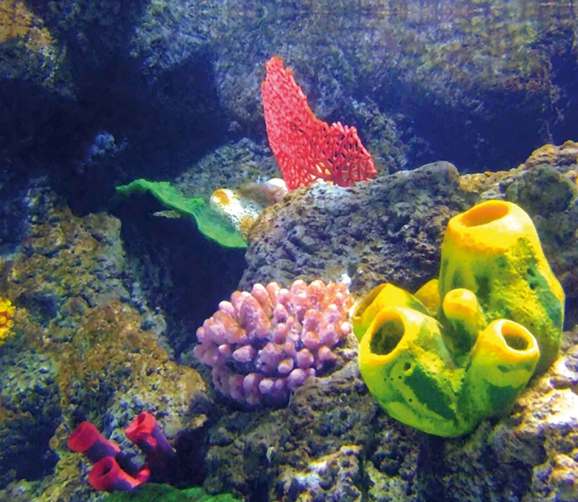Natural Products & Antibiotics


Microcystins
Download ResourceNative Viral Antigens. Optimal Antigenicity.
Medically relevant viral recombinant proteins produced in bacteria, yeast or insect cells seldom undergo correct post-translational modification due to the expression host lacking the same cellular machinery as the natural host. By contrast, proteins produced entirely in human cell lines ensure that the resultant antigens are expressed to a high level, are in their native folded state, and possess all relevant post-translational modifications. This advanced approach offers products which deliver optimal antigenicity for use in vaccine development and serological based diagnostic assays.
- Higher specificity and sensitivity
- Minimal lot-to-lot variation
- Reproducible scale-up for bulk quantities
- Lyophilized format for extended shelf-life
Cyanobacterial toxins have shown to be hazardous to humans and animals via direct and indirect routes of exposure such as ingestion of contaminated water, vegetables, fish/shellfish and through practices of irrigation. Microcystins (MCs) are the most commonly encountered cyanotoxins and have received large attention from water, food, wildlife and recreational companies/agencies and programs. The Microcystins produced from Microcystis, Nostoc, Anabaena, Oscillatoria and Planktothrix cyanobacteria are defined by their cyclic hepapeptide structure as well as by the rare amino acids (ADDA or dehydroalanine) that they share. These toxins are potent inhibitors of the eukaryotic protein phosphatase families PP1 and PP2A leading to cell death (apoptosis). Studies have also shown that MCs play a role in liver toxicity and possibly even stimulate the growth of cancer cells following exposure.
Wide Range of Microcystins
Microcystin-LA
Microcystin-LF
Microcystin-LR
Microcystin-LW
Microcystin-LY
Microcystin-RR
Microcystin-YR
Microcystin-WR
Detection of Microcystins
MAbs to Microcystin
Microcystins (Adda specific) ELISA Kit
 Lab Essentials
Lab Essentials AMPIVIEW® RNA probes
AMPIVIEW® RNA probes Enabling Your Projects
Enabling Your Projects  GMP Services
GMP Services Bulk Solutions
Bulk Solutions Research Travel Grant
Research Travel Grant Have You Published Using an Enzo Product?
Have You Published Using an Enzo Product?